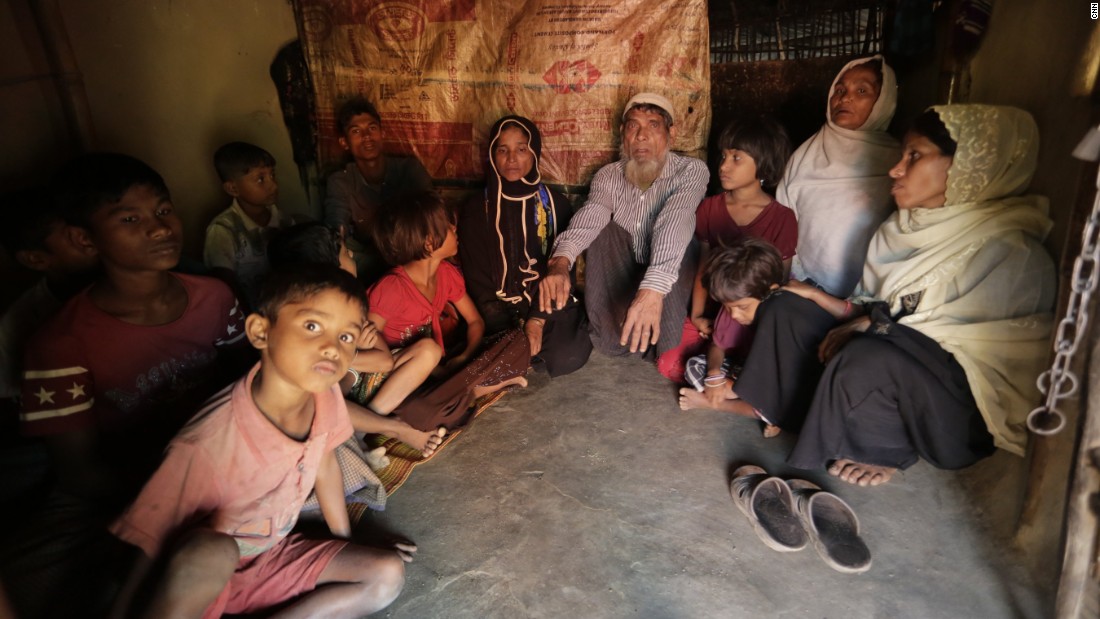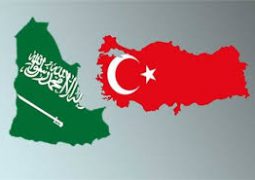More Rohingyas flee to Bangladesh as violence spreads in Myanmar

COX’S BAZAR, Bangladesh More Rohingya Muslims from Myanmar poured into neighboring Bangladesh this week, with some feared to have drowned after a boat sank during a bid to flee violence that has killed at least 86 people and displaced 30,000.
Some Rohingya refugees have been missing since Tuesday after a group crossed the River Naaf that separates Myanmar and Bangladesh. Those who managed to enter Bangladesh sought shelter in refugee camps or people’s homes.
“There was a group of people from our village who crossed the river by boat to come here, but suddenly the boat sank,” said Humayun Kabir, the father of three children untraceable since the mishap.
Although many of those on board could swim, and were able to reach the river bank, seven people remain missing, he added, his children among them.
Myanmar troops poured into the western state of Rakhine along the frontier with Bangladesh in response to coordinated attacks on three border posts on Oct. 9 that killed nine police officers.
Rohingya residents and human rights groups accuse the military and border guard forces of raping Rohingya women, torching houses and killing civilians during operations there. The Myanmar government and military deny the accusations.
The violence is the most serious since hundreds were killed in communal clashes in Rakhine in 2012, and poses the biggest test yet for the eight-month-old administration of Nobel Peace Prize winner Aung San Suu Kyi.
Many people in mainly Buddhist Myanmar regard the country’s 1.1 million Rohingya as illegal immigrants from Bangladesh.
The Dhaka government summoned Myanmar’s ambassador on Wednesday to express concern at the situation.
“Despite our border guards’ sincere effort to prevent the influx, thousands of distressed Myanmar citizens including women, children and elderly people continue to cross border in to Bangladesh. Thousands more have been reported to be gathering at the border crossing,” a senior Bangladeshi Foreign Ministry official, Kamrul Ahsan, told Ambassador Myo Myint Than.
Ahsan asked Myanmar to help Bangladesh “ensure the integrity of its border” and protested against the “tendency in the Myanmar media…to implicate Bangladesh in the incidents in Myanmar.”
Up to 30,000 people are now estimated to have been displaced and thousands more have been affected by the recent fighting, the United Nations has said.
U.N. agencies have not given specific numbers of fleeing Rohingyas, but aid workers told Reuters that hundreds crossed the border to Bangladesh over the weekend and on Monday.
Amid the military clampdown, a humanitarian effort to provide food and medicines to more than 150,000 people has been suspended for more than 40 days in the area, which is populated mostly by Rohingyas.
“Difficult as it is for the Bangladesh government to absorb large numbers, it seems to me there is no other choice, because the only other choice is death and suffering,” said John McKissick, head of the U.N. High Commissioner for Refugees office in the Bangladeshi coastal resort town of Cox’s Bazar.
“For now, the only thing that can be done is to assist and protect them.”
Shawkat Ara, a girl in a refugee camp in Teknaf, who had arrived from Myanmar by boat on Tuesday, said she hoped to return one day and locate missing relatives.
“When there is peace in our country, I will go back and I will try to find out about my father and uncles,” she said.
(Additional reporting by Rafiqur Rahman and Antoni Slodkowski; Writing by Yimou Lee and Antoni Slodkowski; Editing by Clarence Fernandez)
- Previous Uzbekistan’s GDP to drop to 7.4% in 2016-2017 — World Bank
- Next They will kill us’: The Rohingya refugees fleeing torture and rape in Myanmar
















